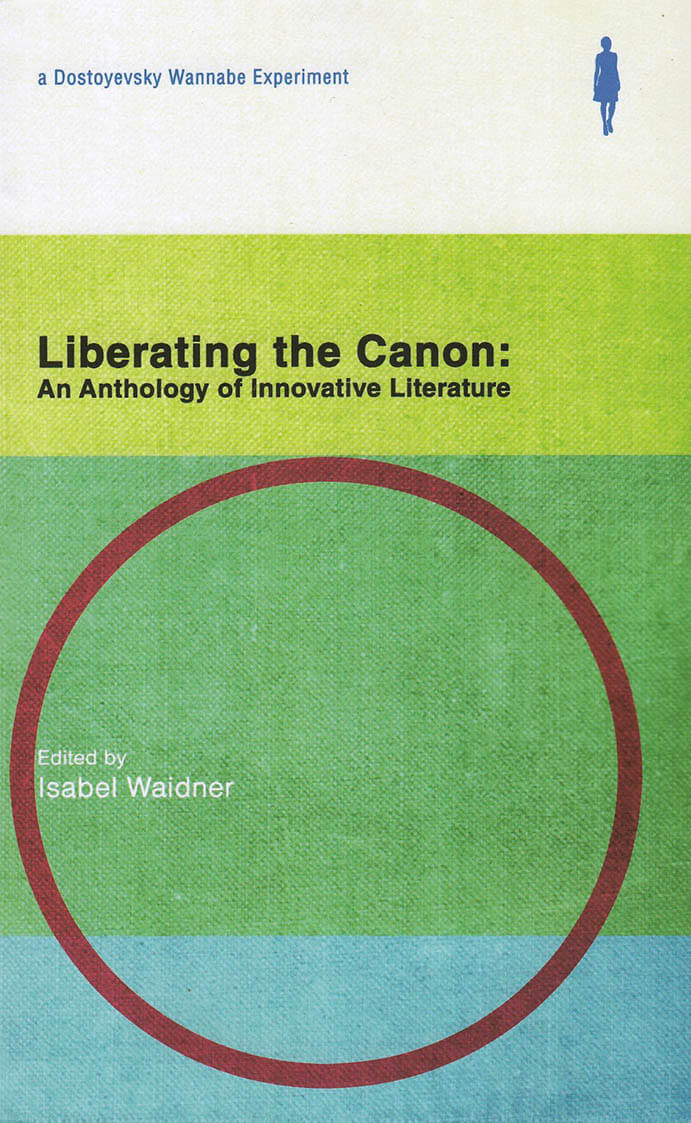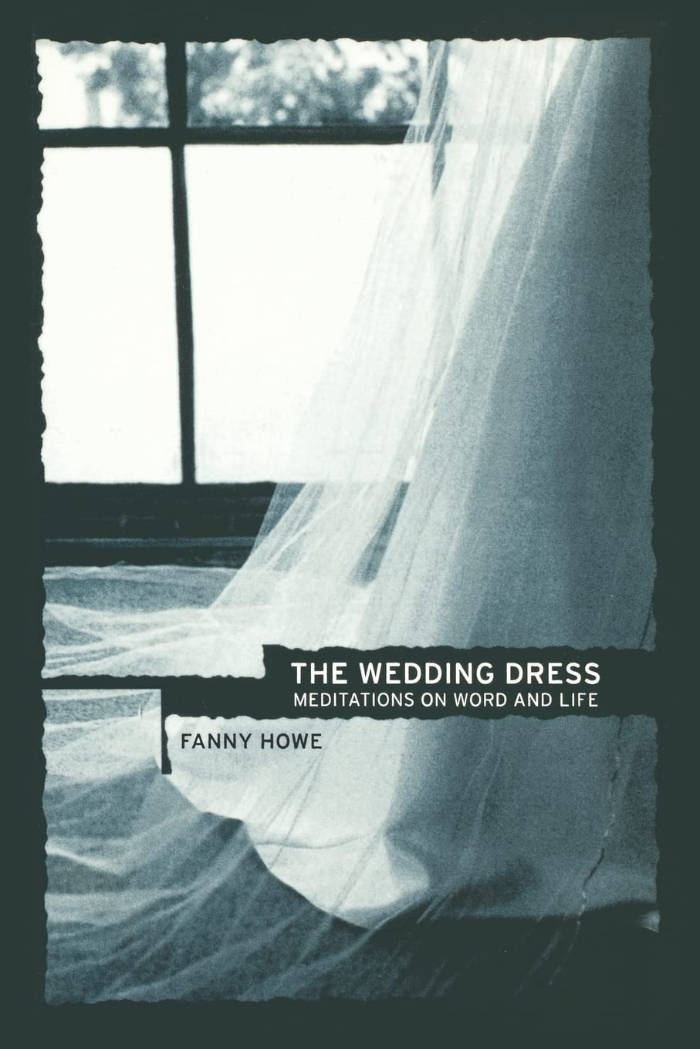
Liberating the Canon
Isabel Waidner ed.
Liberating the Canon is an edited anthology capturing the contemporary emergence of radically innovative and nonconforming forms of literature in the UK and US. Historically, sociopolitical marginalisation and avant-garde aesthetics have not come together in UK literature, counterintuitively divorcing outsider experience and formal innovation. Bringing together intersectional identity and literary innovation, LTC is designed as an intervention against the normativity of literary publishing contexts and the institution 'Innovative Literature' as such. More widely, if literature, any literature, can act as a mode of cultural resistance and help imagine a more progressive politics in Tory Britain and beyond, it is this.
Contributors are Mojisola Adebayo, Jess Arndt (US), Jay Bernard, Richard Brammer, Victoria Brown, SJ Fowler, Juliet Jacques, Sara Jaffe (US), Roz Kaveney, R. Zamora Linmark (US), Mira Mattar, Seabright D.Mortimer, Nat Raha, Nisha Ramayya, Rosie Snajdr, Timothy Thornton, Isabel Waidner, Joanna Walsh and Eley Williams.
Isabel Waidner is a writer and cultural theorist. She is the author of three books of innovative fiction, most recently Gaudy Bauble (Dostoyevsky Wannabe, 2017), which is currently longlisted for the Republic of Consciousness Prize for "hardcore literary fiction and gorgeous prose". Her articles and short fictions have appeared or are forthcoming in journals including 3: AM, Berfrois, Configurations, The Happy Hypocrite, The Quietus and Minor Literature[s]. She is also the editor of Liberating the Canon: An Anthology of Innovative Writing (Dostoyevsky Wannabe, 2018) which explores the relationship between identity, intersectionality and innovation in literature. As part of the indie band Klang, Waidner released records on UK labels Rough Trade (2003) and Blast First (2004). She is a lecturer in English and Creative Writing at Roehampton University, London, UK.
Language: English







